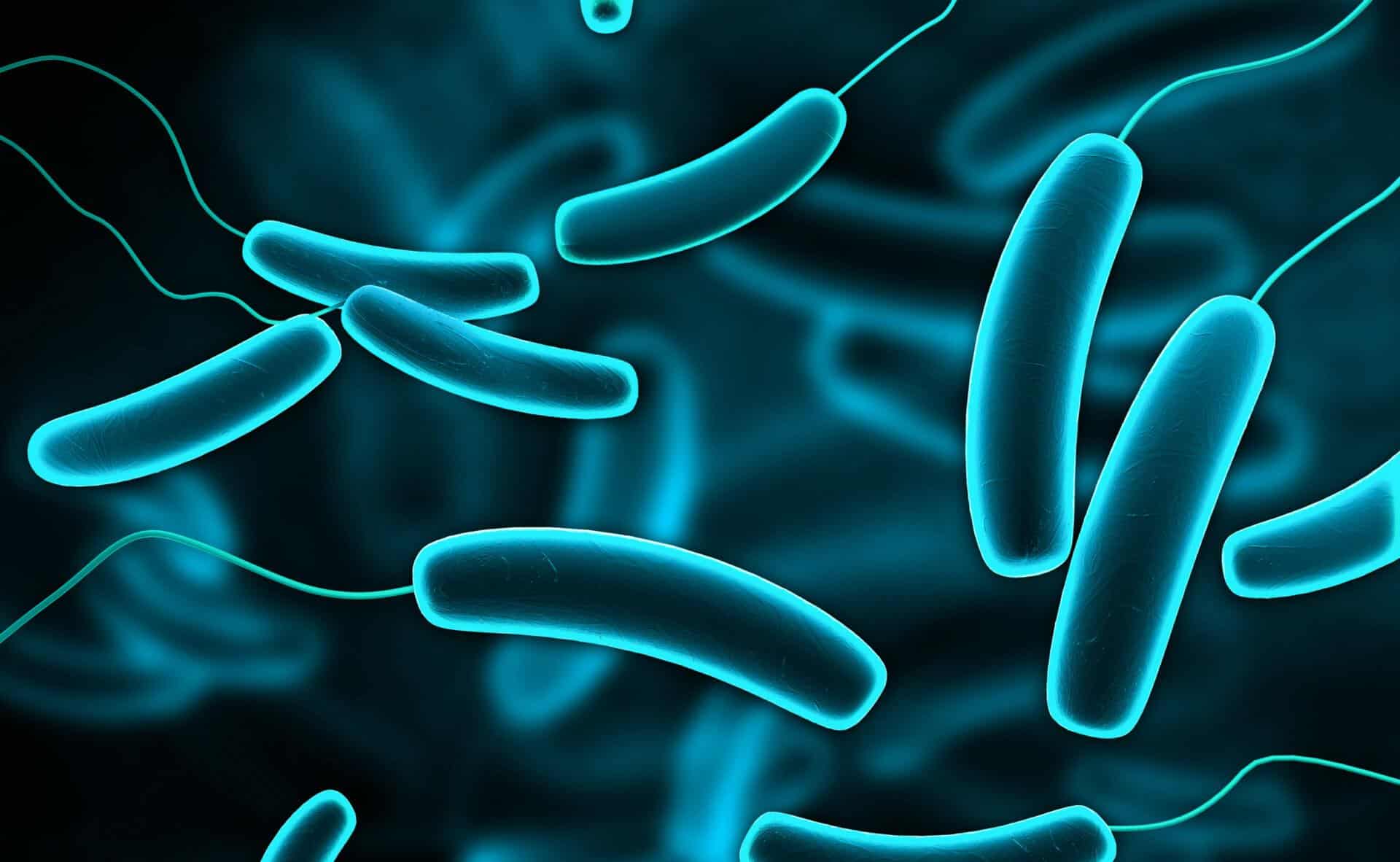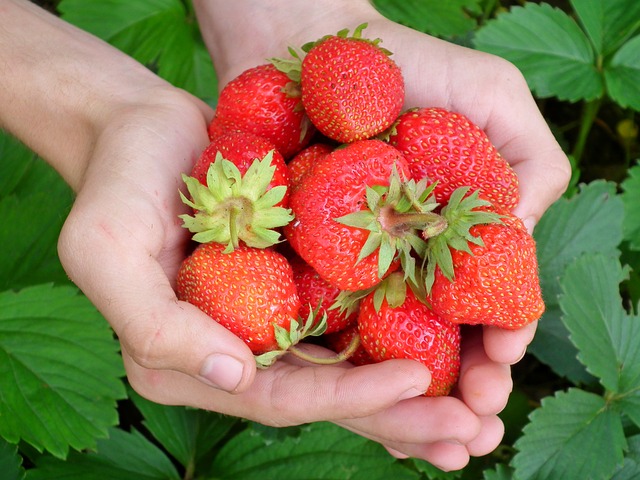
Federal health officials expanded their warning to all types of romaine lettuce as they explore the national E-Coli outbreak affecting an increasing number of people.
Formerly the warning was for chopped romaine only. It’s now expanded to almost “everything romaine” such as hearts of romaine, salads and salad combinations.
If you can’t confirm the lettuce the lettuce is safe, don’t purchase or order it. And if the lettuce is coming out of Arizona, it might be smart to throw it away, even if a portion has been consumed and nobody has gotten ill, the bureau stated.
“Create tags for lettuce packaging frequently so can identify problem areas,” the CDC said in a Friday update. “Therefore, throw out any romaine lettuce in case you are unsure about where it had been grown.”
The epidemic, which began March 13, has led to 53 cases in 16 nations. The Alaska instances haven’t yet been added to the CDC’s cases. Of the cases, 31 individuals were hospitalized including five individuals who developed kidney failure. There haven’t been any deaths so far.
Pennsylvania is the hardest-hit country with 12 instances, followed by Idaho with 10. Approximately 70 percent of these illnesses are women or women.
No grower, supplier, supplier or manufacturer was recognized as the origin, although researchers have made it obvious the outbreak is arriving out of Arizona.
Restaurants and retailers should use extreme caution when buying any romaine for resale in the pinpointed areas, the CDC said. They also need to ask providers for the origin of the lettuce.
The E. coli virus seen spreading in many countries is toxic, especially the chemical poison called Shiga. People get ill from within 2 to 8 days of consuming the bug, which then causes painful digestive track cramps and nausea. Although most recuperate in one week, some may end up with severe kidney damage or even renal failure.
A word to garden lettuce lovers. You in fact grow your own lettuce, just keep in mind that you can get E-coli from your own lettuce patch if you’re not careful, so make you have clean hands by washing thoroughly and regularly when preparing food. While food safety is in the news and has our attention, make sure you all wash all vegetables and fruits thoroughly, and never prepare food when you are sick. And, if you do end up getting sick, immediately write down everything you have eaten in the last 3 days before and be sure to provide the information to your doctor. Remember: As soon as you start to feel sick, write as much meal history down as you can before your condition worsens. It’s often hard to remember food intake details when you are extremely nauseous.









